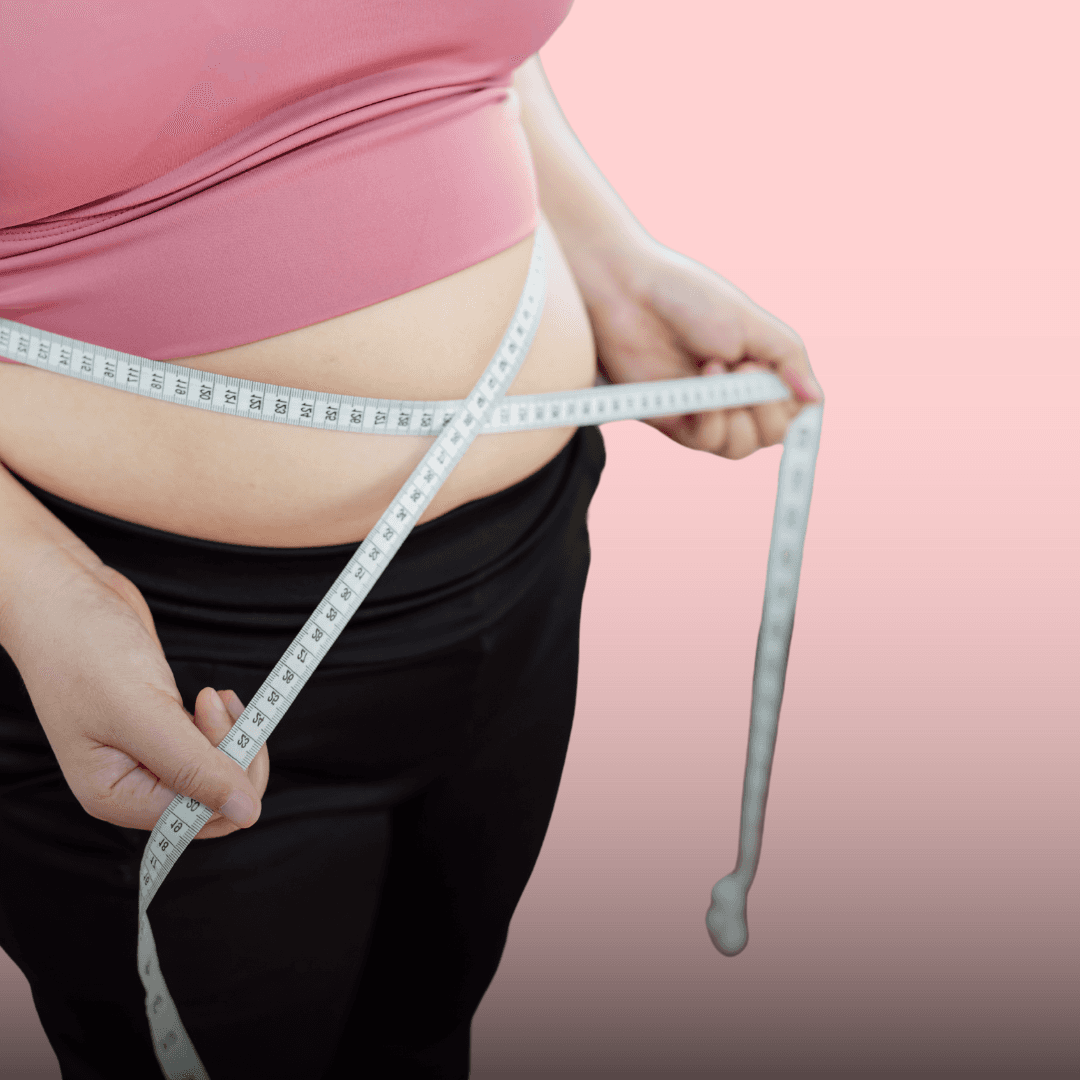IBS and bloating: why it happens and how to relieve it
28 Oct 2024
I
3 mins

Dr. Annewsha Acharjee
Ayurveda @ Lavi
irritable bowel syndrome (IBS) affects millions worldwide, with bloating being a pervasive symptom.
let's explore the reasons behind ibs-related bloating and discuss actionable strategies to minimize discomfort.
understanding ibs and bloating
bloating is a common IBS symptom characterized by:
abdominal swelling - you will notice your tummy is looking bigger than normal
discomfort - you are not feeling at ease irrespective of any posture
feeling of fullness - you don't feel like eating or drinking anything
why does bloating occur in ibs?
you know, there are several reasons why someone might experience gas and bloating.
for starters, gas buildup can occur from swallowed air, gas-producing bacteria, or undigested carbohydrates.
then there's slow gut motility, which means food isn't moving through the digestive system as quickly as it should, causing discomfort.
food intolerances—like lactose, gluten, or FODMAPs—can trigger issues for people who are sensitive to them.
on top of that, hormonal changes during the menstrual cycle, menopause, or pregnancy can affect digestion.
finally, stress and anxiety can mess with the gut-brain connection, making everything feel worse.
all of these factors combined can create a pretty complicated situation that leads to digestive discomfort and bloating.
strategies to relieve bloating
if you're looking to manage digestive discomfort, dietary changes can make a big difference.
first, consider trying a low fodmap diet, which limits fermentable carbohydrates that can cause gas and bloating.
if you have gluten sensitivity, going gluten-free can help too and for those with lactose intolerance, sticking to a lactose-free or low-lactose diet is essential to avoid symptoms.
incorporating probiotic-rich foods into your meals can also promote gut health and balance the bacteria in your digestive system.
finally, it’s important to identify and avoid trigger foods that may be causing you problems.
supplements
peppermint oil capsules can ease digestive discomfort and provide relief.
fennel seed water or jeera water are great for easing acidity and gas and can enhance your digestive comfort and overall well-being.
some key lifestyle changes to consider
first, make regular exercise part of your routine, whether it’s walking or dancing, as it helps with gut motility.
focus on managing stress. practices like mindfulness, yoga, or meditation can significantly reduce stress levels, which is great for your gut.
get enough sleep —aim for 6 to 7 hours each night to help regulate gut function and maintain hormonal balance.
lastly, stay hydrated by drinking plenty of water throughout the day; it’s essential for preventing constipation and supporting digestion.
by incorporating these simple changes, you can make a big difference in your gut health!
additional tips
try eating smaller meals throughout the day. this reduces pressure on your digestive system and can help with discomfort. it’s also a good idea to avoid chewing gum, as it can lead to swallowing air, which may increase bloating
managing constipation is crucial too; staying regular prevents stool buildup and promotes better digestion.
consider keeping a food and symptom diary. monitoring what you eat and how it affects you can help you identify triggers and make informed choices for your gut health.
managing IBS and bloating can be challenging, but with the right support, you can take control.
Làvi offers personalized solutions and daily gut diaries to understand your needs.
reduce bloating and effectively manage your symptoms with our natural remedies and lifestyle changes.
start your health journey today






